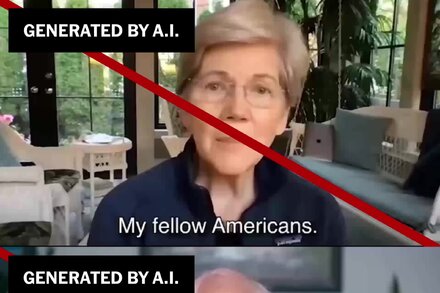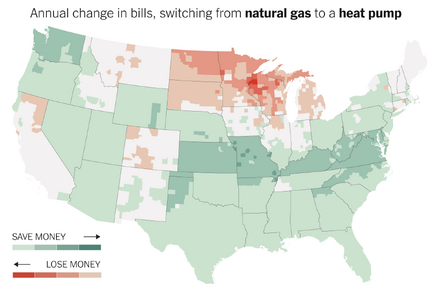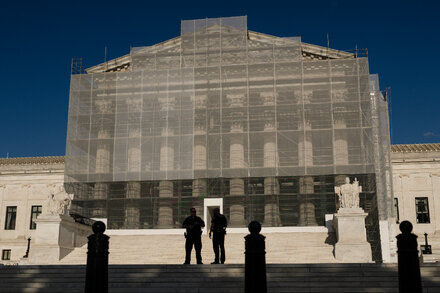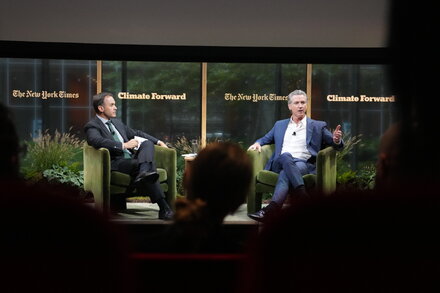President Donald Trump and Israeli Prime Minister Benjamin Netanyahu held a joint press conference at the White House, marking their first official meeting since Trump took office. The leaders addressed a range of critical issues, including the Israeli-Palestinian conflict, regional security, and bilateral relations.
During the highly anticipated appearance, President Trump indicated a potential shift in long-standing U.S. policy regarding the Israeli-Palestinian peace process. While previous administrations, both Republican and Democratic, had consistently endorsed a two-state solution, Trump expressed openness to alternative frameworks.
“I’m looking at two-state and one-state, and I like the one that both parties like,” President Trump stated. “I can live with either one.”
He added that he believed peace was achievable but acknowledged its difficulty. “I hope you’ll agree to it, but I think a lot of people thought that was the easiest deal to make, but it’s not. It’s really not,” Trump remarked. “So we’re going to see what happens. We’re going to work together. We’re going to have a great result for everybody.”
Prime Minister Netanyahu reiterated his core conditions for a lasting peace agreement.
“Two things are required for peace. First, the Palestinians must recognize the Jewish state. They have to stop calling for Israel’s destruction,” Netanyahu said. “Second, in any peace agreement, Israel must retain the overriding security control over the entire area west of the Jordan River.”
The issue of Israeli settlements in the West Bank also featured prominently in the discussion. President Trump advised Netanyahu to exercise restraint, stating, “I’d like to see you hold back on settlements for a little bit.” This comment came amid international criticism of Israel’s expansion of settlements, which many view as an impediment to a two-state solution.
Beyond the Israeli-Palestinian conflict, both leaders affirmed their strong alliance and their shared commitment to confronting regional threats, particularly from Iran. They condemned Iran’s missile tests and its support for militant groups, emphasizing the need for a united front against what they described as Tehran’s destabilizing activities.
The meeting concluded with both leaders expressing optimism about the future of U.S.-Israeli relations and their collective efforts to achieve peace and security in the Middle East.
Source: Read the original article here.





